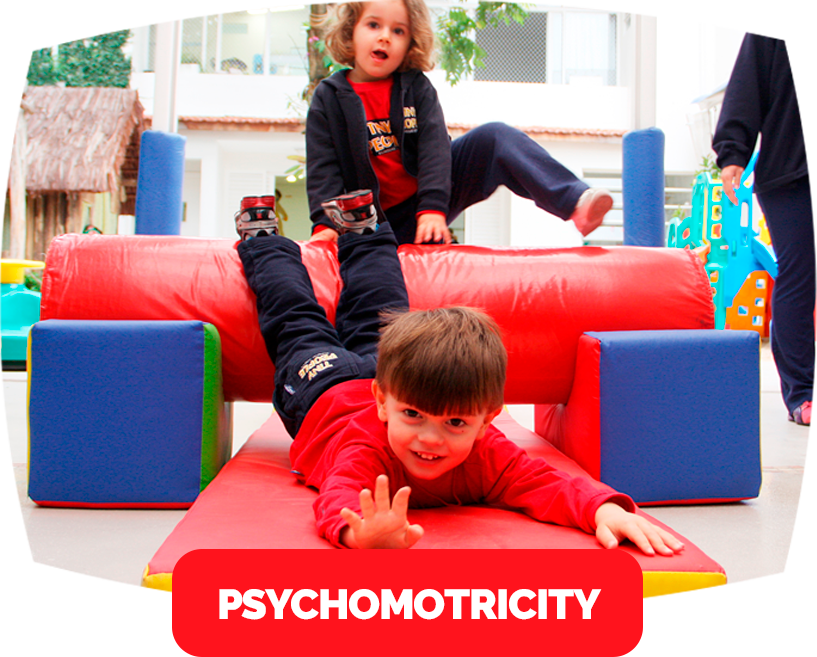
Body awareness and psychomotor development are key issues in the global growth of all children. Therefore, at Tiny People we pay special attention to this area of development with activities that seek to improve their perceptual-motor skills, build a positive self-image, and consequently promote favourable interpersonal relationships.
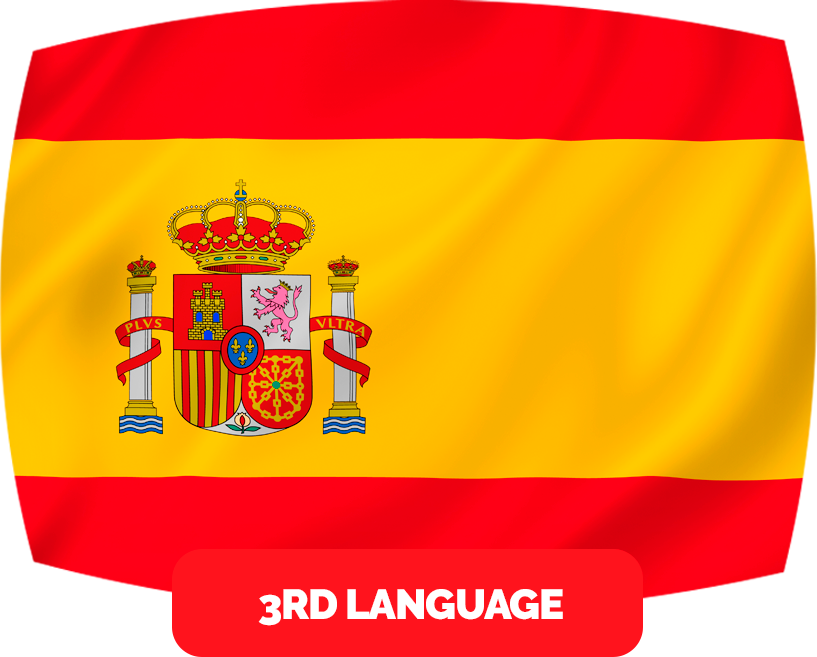
Tiny People offers Spanish lessons as part of its curriculum. From Tiny 4 on, our students begin their contact with the Spanish language in weekly classes with a specialist teacher and have the opportunity to gradually learn a third language and other cultures.
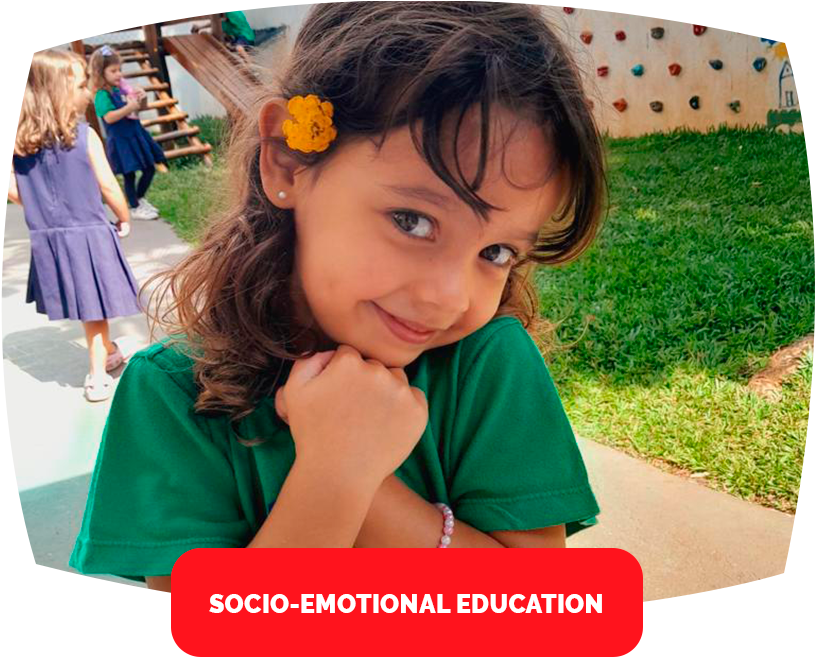
Tiny People believes that as much as it’s important to know, it’s equally important to be.
That’s why promoting socio-emotional skills such as self-confidence, cooperation, curiosity, organization, respect, among others, is essential for the holistic development of children.
Thus, our pedagogical practices aim not only at formal knowledge but also at the understandings necessary for self-awareness, self-management, social awareness, relationship skills, and responsible decision-making.
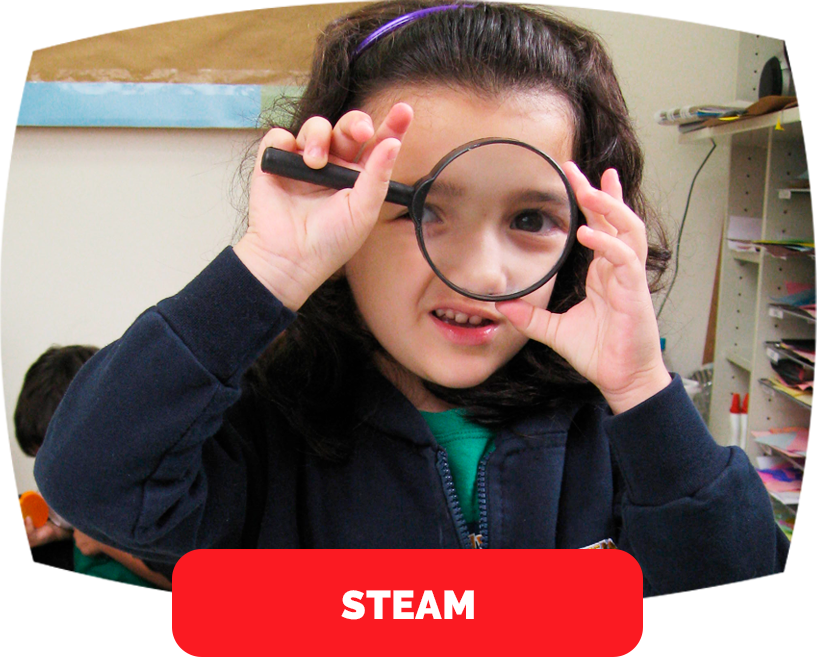
Children born in the 21st century are expected to lead the world using new resources and skills that are different from those currently in use.
Tiny People’s projects and sequences are embedded with STEAM. STEAM is an approach to education that explores science, technology, engineering, arts and mathematics topics in order to develop soft skills such as critical thinking and problem solving, communication and collaboration, creativity and innovation, resilience and flexibility, among others. We provide opportunities for each child to develop such skills and be better able to cope with the different challenges and experiences throughout their lives.
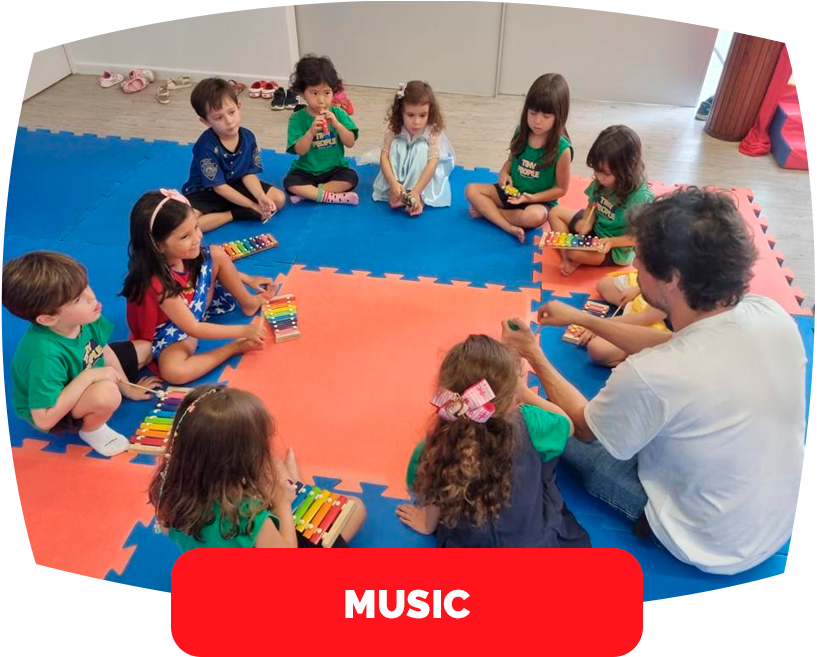
Tiny People’s curriculum includes two music lessons per week with a specialist teacher.
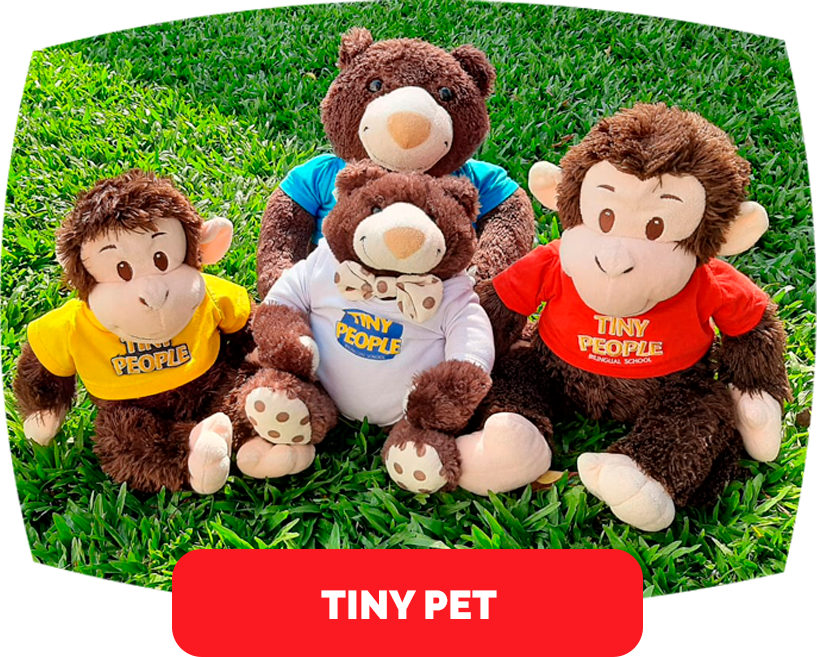
Tiny People has 2 pets: Sunny, a stuffed monkey for Tiny 1 to Tiny 3 students and Brownie, a teddy bear for the Tiny 4 and Tiny 5 ones. They are our students’ companions on the weekends.
The Tiny Pet project aims to promote attitudes of care and responsibility, stimulate creativity, curiosity and imagination, and strengthen the school / home bond.
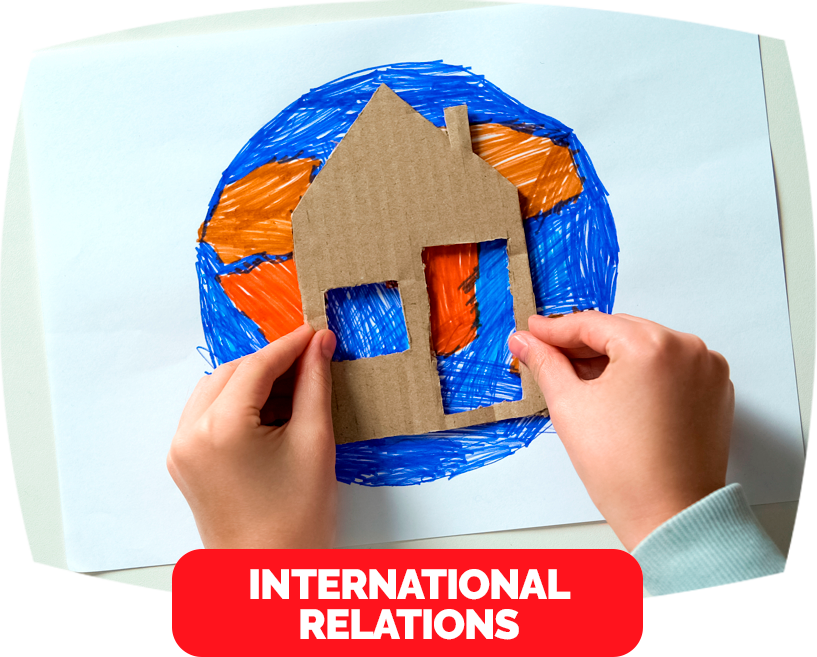
We believe that the exchange of experiences and pedagogical practices with schools, universities, institutions, and specialist professionals around the world further enrich our school context.
They give us the opportunity to:
- contribution to the development of good practices in other educational contexts;
- knowledge exchange;
- participation in research projects;
- enrichment of the updating and training of our team.
Get to know the institutions with which we have a relationship:
